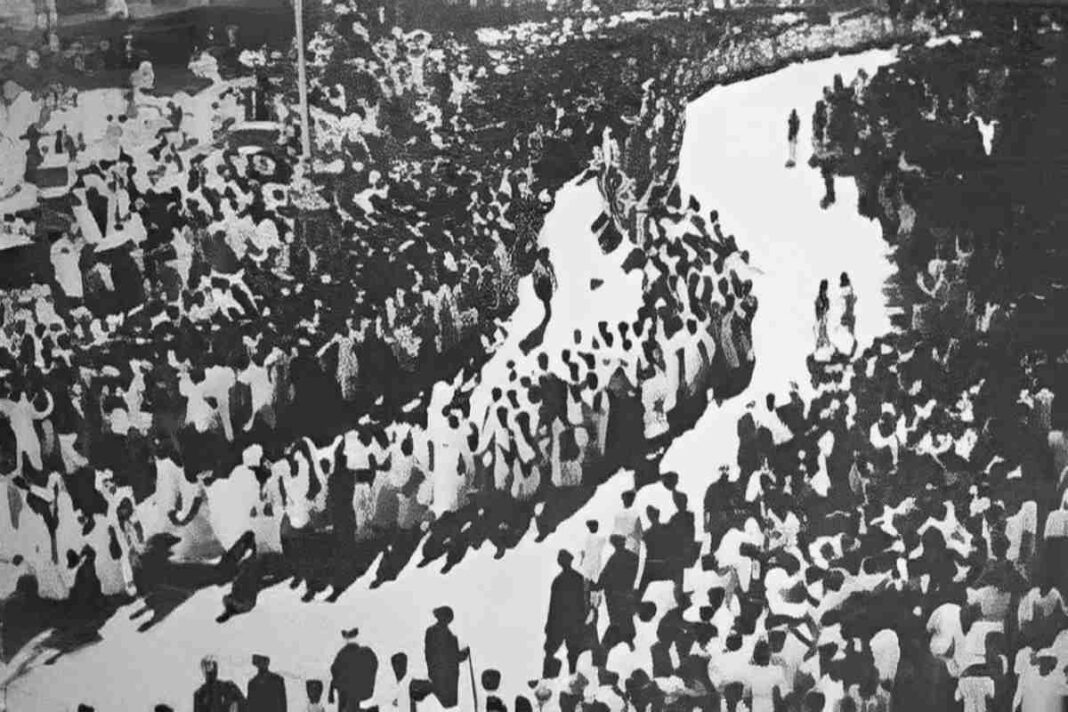The British used a strategy to weaken Indian resistance by dividing people based on religion, caste, language, and region. They hired historians to portray Indian history as a constant conflict, especially between Hindus and Muslims. This propaganda was so effective that even today, many Indian scholars repeat these distorted views of history, more than seventy years after Independence.
Misunderstanding Syed Ahmad Barelvi
Syed Ahmad Barelvi, also known as Syed Ahmad Shahid from Rae Bareilly, was a freedom fighter whose image was twisted by British historians. They labelled him as a militant Muslim leader who fought against Sikhs and Hindus. His movement was wrongly called Wahabi to create divisions among Muslims and Indians. In reality, Syed Ahmad was a military leader focused on reforming Muslim society in the early 19th century. He encouraged Muslims to avoid extravagance, promoted widow remarriage, and urged people to follow their faith. Like many movements of that time, his efforts became political, as foreign rule was seen as a major cause of the problems faced by Indian Muslims.
Call for Unity
Contrary to popular belief, Syed Ahmad did not aim to establish an Islamic state. His movement was inclusive and not limited to Muslims. In 1957, K. K. Datta published a book titled History of the Freedom Movement in Bihar, where he included a letter from Syed Ahmad to Raja Hindu Rai, a Maratha chief. In this letter, Syed Ahmad urged the Raja to unite against the British, highlighting how foreign rulers had taken control of India and disrespected local leaders. He emphasised that his group sought to serve God and restore dignity to the rulers, not to gain power or wealth. Syed Ahmad’s message was one of unity and service, calling for collaboration to free India from foreign rule.
For detailed story, please visit: Awaz the voice
Also Read:Ram Babu Tiwari: The Water Hero
You can connect with DNN24 on Facebook, Twitter, and Instagram and subscribe to our YouTube channel.



